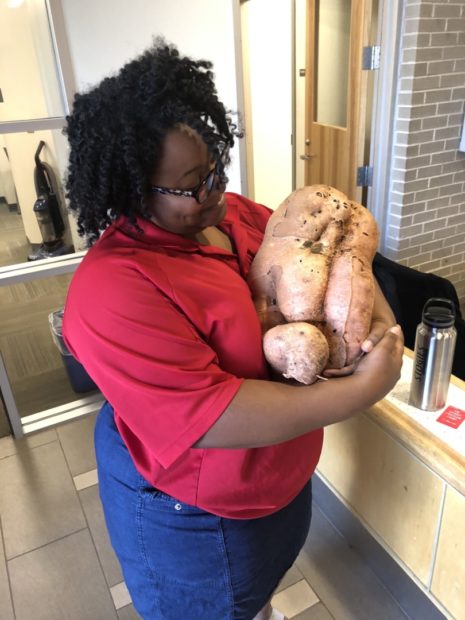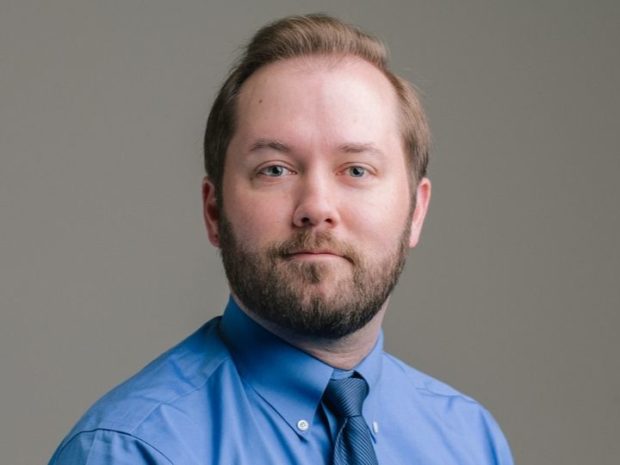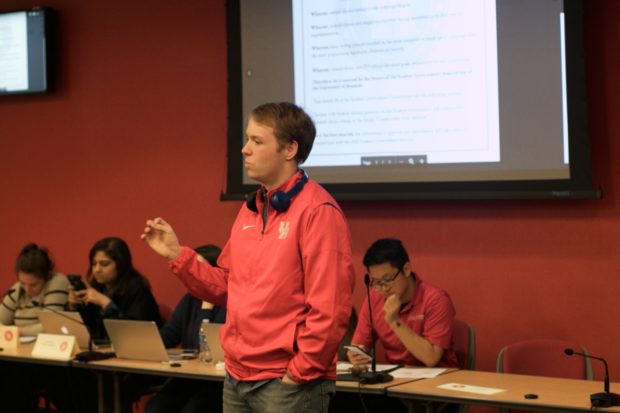

Switching majors can cause issues for students and may even delay graduation. | File Photo
With the pressure that comes with the college application process, many students feel overwhelmed with all the decisions they have to make along the way.
From what school they want to attend, to what standardized test they wish to take, deciding on a college major is a common cause of stress for many students prior to entering college.
While making the switch can be tough, as some students will attest, UH provides resources like the exploratory studies program to help students find their educational focus.
Exploratory Studies
At UH, the exploratory studies program is an option for students who haven’t made a decision yet on what major and career field they want to enter. The exploratory studies office makes an effort to ensure these undecided students avoid taking classes that will later not fit into their degree plan.
“Students who are more certain about their major/career goals follow courses applicable to those and related major academic maps so they stay on track for an on-time major change and graduation,” said Executive Director of Communications at the Office of the Provost Brian Waddle in an email.
Through the exploratory studies program, students are provided with resources to better educate them on what different majors consist of in the process of them deciding what they want to major in.
Waddle said exploratory studies students are expected to take CORE 1101 College Success program, which employs instructors hired from colleges where students have interest.
Finalizing what major to declare can be dependent on potential careers after graduation. Job security, average income and quality of life are some factors students may consider.
Making the switch
“I entered UH as a pre-business major but decided to switch to psychology pre-med at the end of my first semester because of unhappiness with my future, post-graduation,” said supply chain management sophomore Jack Mraz. “Work-life balance is really important to me. and what I was seeing in business looked unfulfilling and soulless.”
Switching majors at the University varies from college to college. Most majors require an advising appointment and a minimum GPA before students can officially switch.
Additional requirements depend on the specific major and can be found online. For example, a requirement for switching into the digital media degree requires a C or better in DIGM 1350.
“Since I was already unhappy with business and had a few people pushing me towards medicine, I decided to switch,” Mraz said. “For being a life changing decision, the process of switching majors is surprisingly anticlimactic. I’m pretty sure I just printed off a form and handed it to an adviser.”
Students may be hesitant to begin college in exploratory studies because they feel it comes with a lack of security compared to majors that specific to particular industries.
“I was vaguely aware of exploratory studies when I applied to UH, but I did not consider it to be a realistic option,” Mraz said. “At that point I had already decided business would be the best fit and medicine wasn’t a serious consideration for me. think exploratory studies is the right choice for many students, but what I did worked best for me personally.”
While Mraz wasn’t happy as a business major, he was satisfied with the quality of education that came with being a student at the C.T. Bauer College of Business.
“I can’t say I was unhappy with Bauer,” Mraz said. “The advisers in Bauer Honors are outstanding and want nothing but the best for everyone they deal with. I don’t think there’s ever been a moment where I felt my adviser was under equipped to answer my questions or to provide advice.”
Long-term impacts
Ultimately, Mraz decided to switch back to business after spending a semester outside of his major. While the majority of college education was as a business student, Mraz still faces long-term impacts in his graduation date because of his degree change.
“While I came in about a semester ahead, I am now barely on pace to graduate on time,” Mraz said. “As of right now, if I take 15 hours per semester, major in supply chain, and minor in psychology I will graduate at least two classes short of what I need to graduate on time.”
Additional complications that arise after switching majors can cause students to stress more. The financial costs of paying for courses that will not work towards one’s degree can become an issue for students.
“Degree plans are frustratingly rigid, and summer courses are not an option for me,” Mraz said. “Taking an extra semester is also out of the question for me because I’m from out of state and at the end of four years I lose my in-state tuition waiver.”
Mraz isn’t sure what his solution will be, but he does have his eyes on extracurricular options for getting experience in his career path. Waddle said students who aren’t sure of their degree plan would be directed to complete core courses first and save major-specific courses for later on.
“I don’t have anything locked down, but my hope is to get a few internships while I’m here,” Mraz said. “Then hopefully I’ll move into international business in a supply chain position.”
news@thedailycougar.com
—
“Switching majors comes with risks like delayed graduation” was originally posted on The Daily Cougar

























